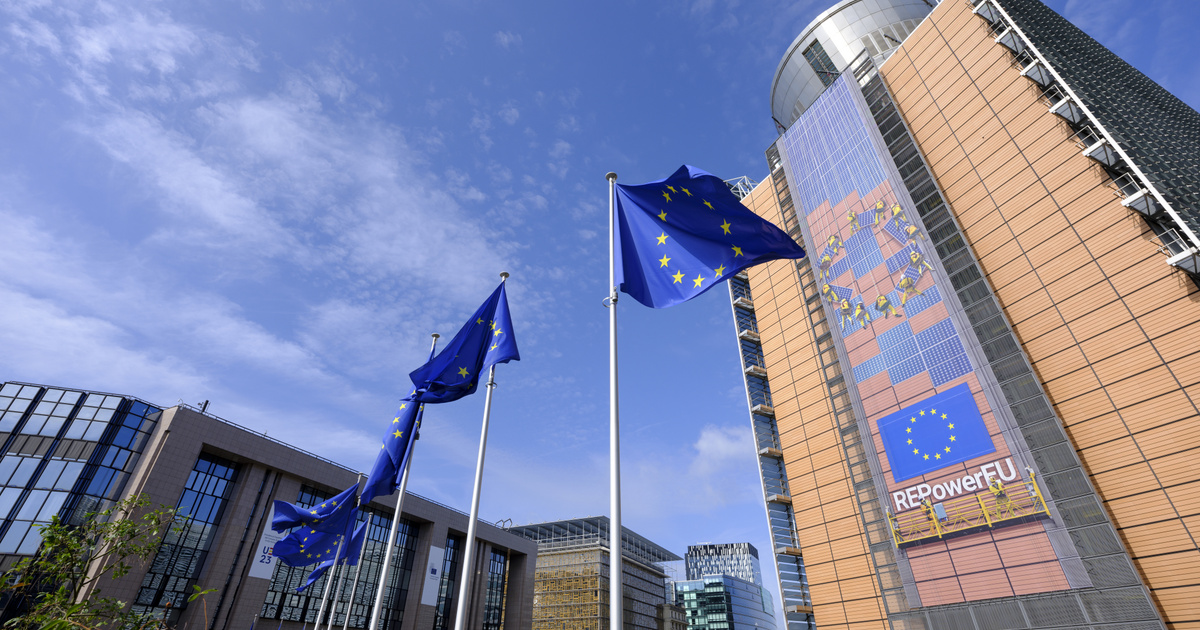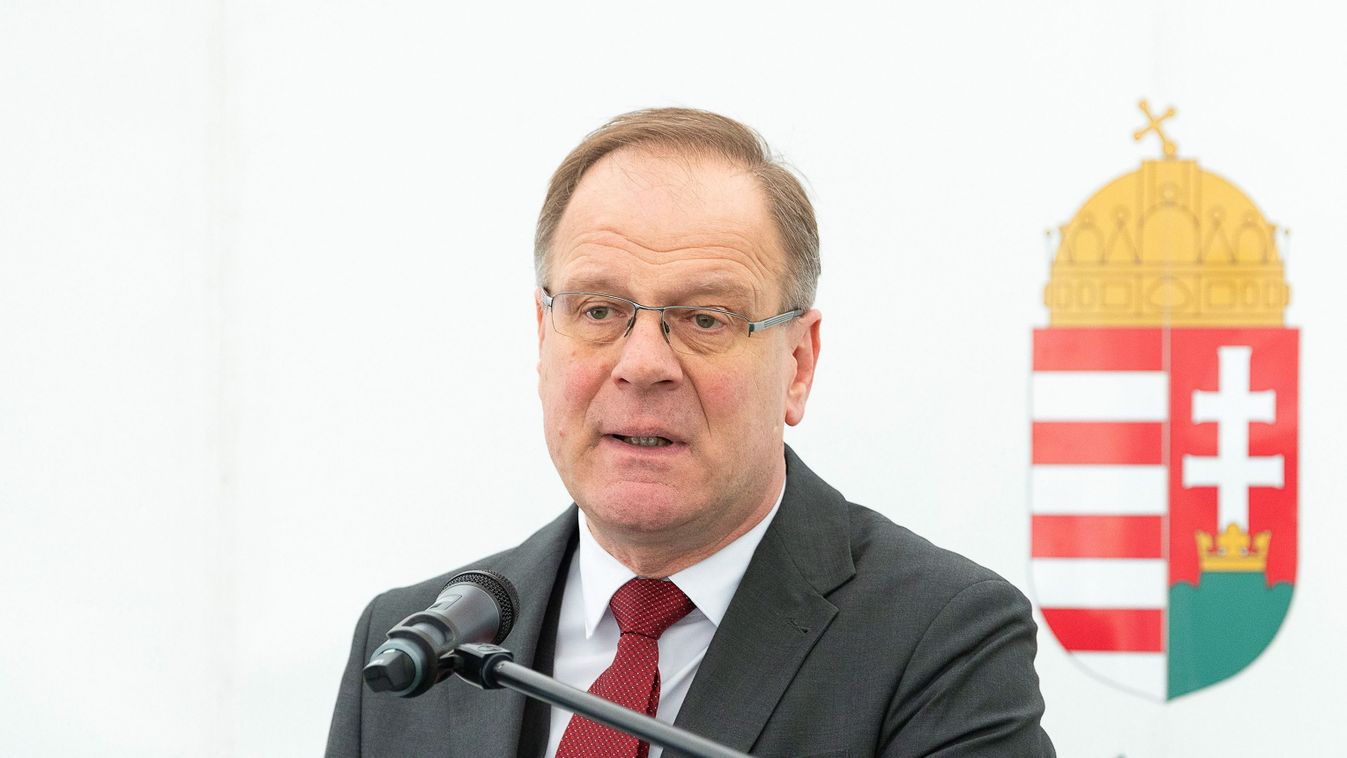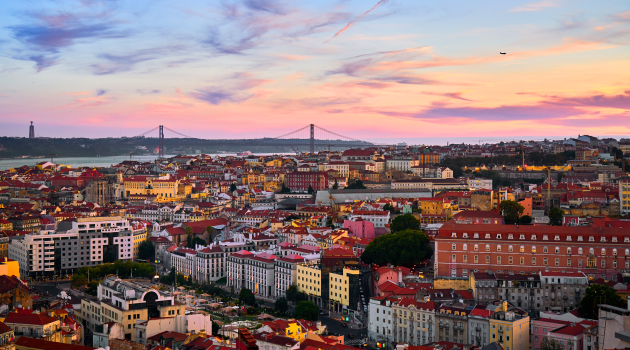Special visa, tax exemption and sunshine. This is what Portugal promises digital nomads. But maybe this is not enough.
Portugal wants to attract as many nomads as possible to the country. However, all this generates serious internal social tensions, and in the end, good goals are not achieved either. It turns out that this is a brief summary of the actions taken by the Portuguese so far From the collection of the EU edition of Politico. And why is this interesting at home? Because Hungary is also trying to attract innovative businesses in a similar way: From 2022, digital nomads can apply for a special Hungarian visa.
For the Portuguese, the attraction is also a special visa, tax benefits, and last but not least, year-round sunshine. Until the end of the epidemic, this was more or less enough for success, but the golden age may end, because today everyone is not satisfied with the program. The Portuguese are tired of skyrocketing real estate prices and continued poverty. A Portuguese group also sent their petition to the Web Summit in Lisbon, which drew 71,000 visitors last year, where they protested that while the country was spending huge sums to attract startups to Lisbon, the city had become unlivable for Portuguese citizens.
But digital nomads aren’t satisfied either. They suffer from administrative mazes of settlement, difficult management, incomplete services…
Portuguese model
The characteristics of Portugal are mainly favorable for startups. The environment is picturesque, life is affordable, and the regulations are flexible. In 2012, the country introduced the so-called Golden Visa. This wasn’t just for startups, it’s more like the infamous Hungarian Enterprise League.
The Portuguese residence permit (and therefore freedom of movement within the EU) can be obtained with an investment of €350,000, for example by purchasing a run-down property. At first, well-to-do people arrived from Russia, China, and Brazil, but later, after the visa shift, tech investors and startups also started arriving, so foreign workers also arrived. By September 2022, the largest number of golden visa holders came from the US, and at the end of last year, nearly 16,000 digital nomads were said to be living in Lisbon.
During the pandemic, there has been another wave of immigration from within the European Union, benefiting from favorable taxation. A flat tax of 20% must be paid only on income from professional activities with high added value. Running a business and working in the tech field are also some of these activities – typical activities of digital nomads. (According to Politico, many people were also attracted to the fact that Portugal did not tax capital gains from cryptocurrency. Many people spoke of the country as a cryptocurrency paradise.)
Now it is clear: it is possible to make good plans to attract talented entrepreneurs to the country. But it must also be ensured that they remain there and that their presence does not disturb the lives of the local population. As the Portuguese example shows, this is far from simple.
Speaking to Politico, a foreign entrepreneur states that the Portuguese have painted a beautiful and rosy vision of the future, which few have achieved. Those who move there to invest their money expect certain services (flexible and fast management, childcare, healthcare, etc.). Instead, according to the businessman, the bureaucracy is too difficult, and things like daycare for his kids are hard to work out.
Neither the infrastructure nor the housing supply can handle the burden. In the capital, for example, local residents have been forced out of entire city areas by short-term apartment rentals (such as Airbnb), which has caused great discontent among local residents.
step back
The Portuguese government is vigorously considering the solution. There was talk of canceling the golden visa, but it seems that this will not happen this year. However, there is already a decent visa to replace it, which is specifically aimed at digital nomads. Remote workers from outside the EU who earn four times the average Portuguese salary can get a one-year residence permit.
Cryptocurrency traders will also not be exempt: Portugal is tightening regulations in line with EU directives, from 2023 capital income from cryptocurrencies will be taxable (28 percent), and new tax rules for cryptocurrency miners will be introduced.
Of course, this also has disadvantages: many fear that the tightening will scare away newcomers and even start emigration. Digital nomads can vote with their feet at any time. One EU country after another is introducing favorable rules for digital nomads. Speaking to Politico, the entrepreneur is also preparing to move, and his goal is to get closer to traditional European startup hubs like Paris or London.








































